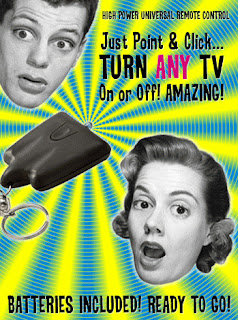Caffe Lena is the venerable Saratoga Springs folkie haven, where young Bobby Dylan was among the early-years performers. Much more recently -- back in September, in fact -- I was urged to check out a performer named
Dylan Brody, and duly pitched the review idea to Metroland Magazine, for which I write many kinds of review. Space was allotted in the live music section -- but Brody is a spoken-word artist, and thus didn't belong there. A fight for more appropriate space ensued even as the immediacy of the review faded. Ultimately, it was orphaned. Brody is a difficult performer to categorize, true, but, if entertainment is the goal, why bother? Here's the piece.
Dylan Brody
Caffe Lena, Sept. 17
Shortly before he was due to take the stage at Saratoga’s Caffe Lena, I met and chatted with Dylan Brody. He said that he’d spent the afternoon visiting his native Schuylerville for the first time in 35 years. Among his missions: re-meet the bully who’d terrorized him throughout his early school years. The bully proved evasive, but Brody eventually tracked down a mutual friend. “I have his telephone number,” the friend confessed. “But he doesn’t want me to give it to you.”
Not long from now, we’re going to hear a new Dylan Brody story in which those elements are woven into a larger narrative that weaves insight, irony and just the right amount of self-effacement to make it a compelling tale.
His stories are his life, so it only makes sense that he should now seek out aspects of his life that might feed his peculiar and impressive career.
He calls himself a “purveyor of fine words and phrases,” suggesting an antique refinement wholly appropriate to his style. After all, this is a man who interrupts himself mid-story to remind us that “tack,” in its nautical sense, should not be confused (as it too-often is) with “tact.” And he’s charming about it.










































